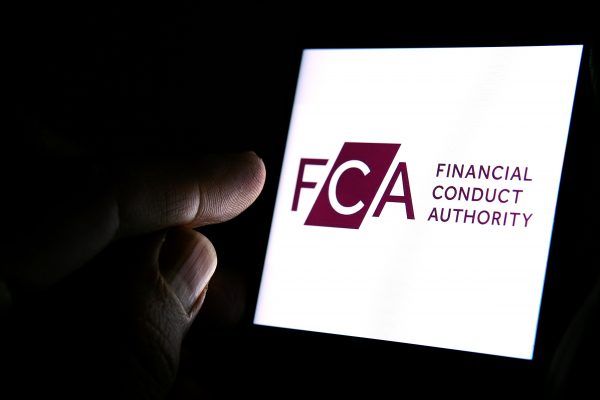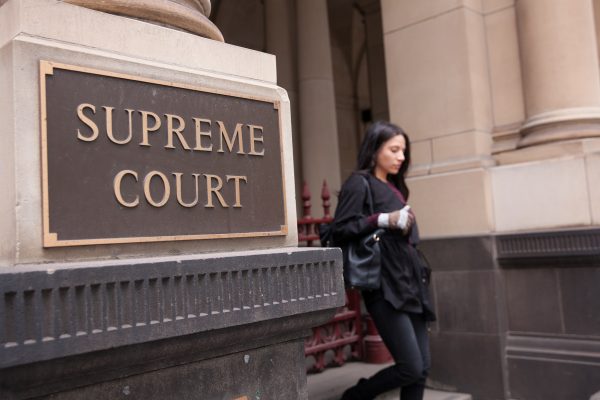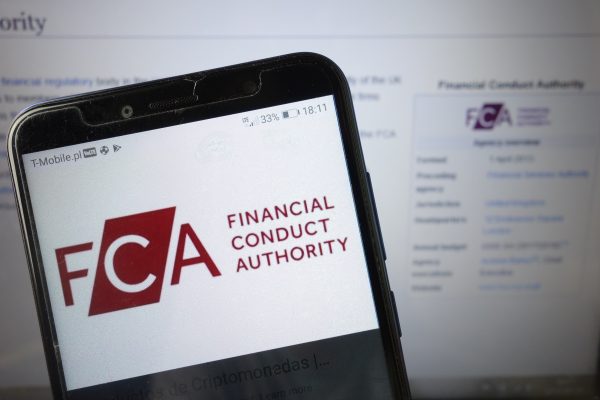This is especially true when determining conflicting interests in a car.
As most will know, ownership of a vehicle is usually determined not by the V5C logbook, but by who paid for it or to whom it was gifted.
However, if the vehicle is on finance, the lender owns it until the debt is fully paid. A notable exception applies where you buy from a private purchaser who has acquired good title, having bought in good faith without notice of the finance.
In such a scenario, the buyer then bears the burden of proof on these issues, because the presumption under s.21 of the Sale of Goods Act 1979 is that there is no transfer of title. So, if the buyer wants to contest the finance claim, they will need to track down the person who sold them the vehicle and find out as much as possible about how that sale came about, including: how the vehicle was marketed; who the seller was; what information they provided about the vehicle; the sale price; whether it was sold cheaply; what, if any, enquiries the seller made when they themselves bought it; and whether anything occurred during the sale that ought to have alerted the seller, acting in good faith, that something was amiss.
As the opening of ‘The Chain’ by Fleetwood Mac puts it, ‘Listen to the wind blow, watch the sun rise.’
Fleetwood Mac may not save you here, but asking the right questions of a private seller before you commit to buy just might. Combine those questions with the usual due diligence checks and online searches to guard against unforeseen third-party finance interests.
If you have run into a finance or title dispute, our Lawgistics legal team can help through our telephone helpline or casework service.

One of the largest independent specialist motor trade brokers in the UK. Our extensive history of supplying insurance to the motor trade means we understand your business needs. By partnering with a specialist insurance broker like us, you get exactly what you need to protect your business.






